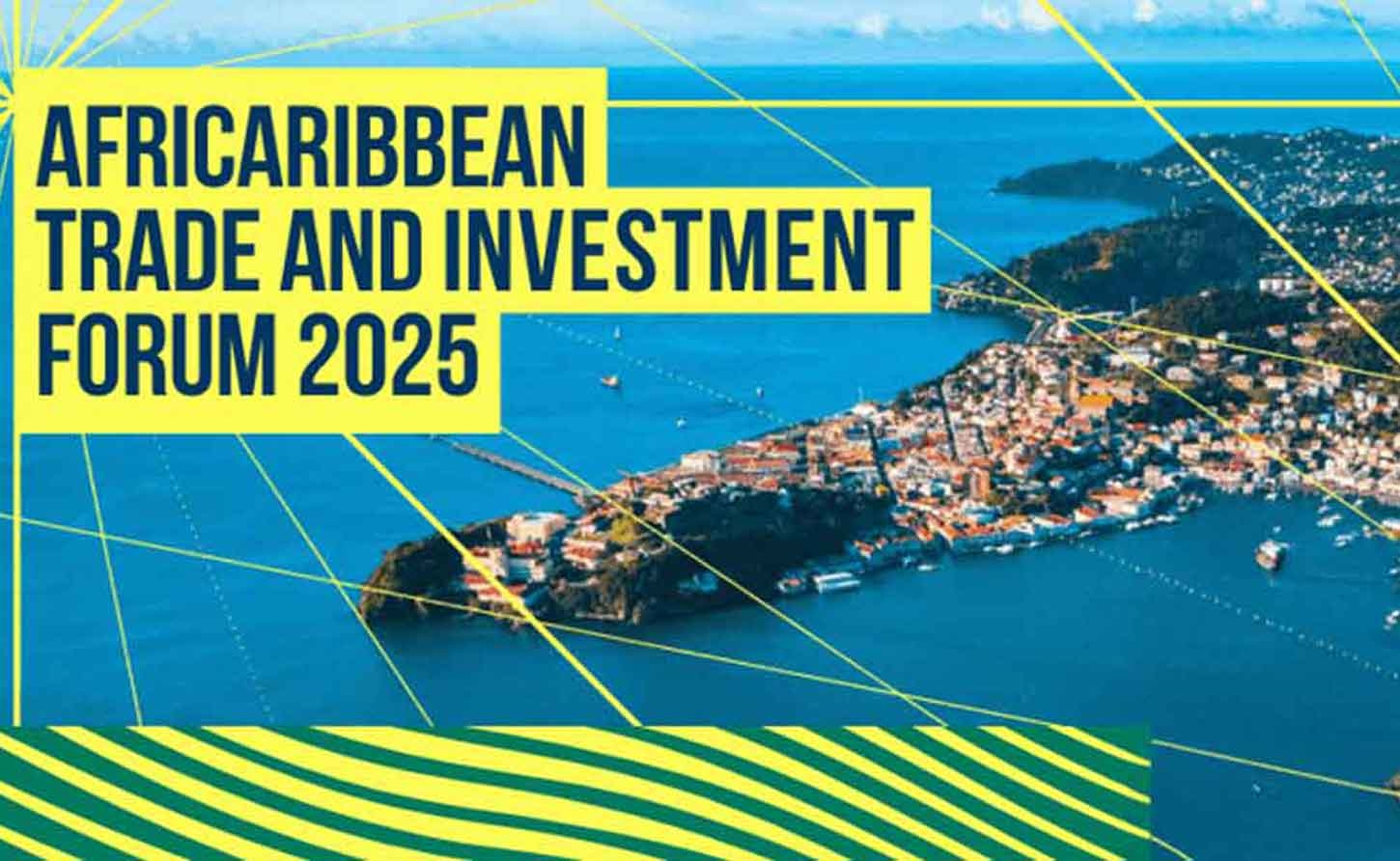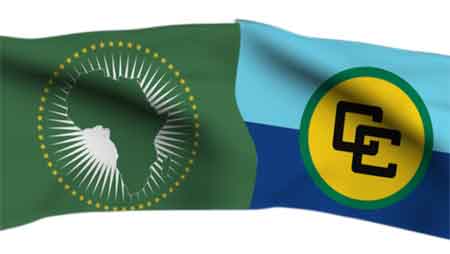GRENADA | AfriCaribbean Trade and Investment Forum (ACTIF2025) set for July 28

MONTEGO BAY, Jamaica, July 11, 2025 - Jamaica's eleventh-hour signing of the African Export-Import Bank partnership agreement this week wasn't just another diplomatic formality—it was a strategic masterstroke that could reshape the Caribbean's economic landscape just days before the region's most ambitious trade forum.
With Jamaica officially becoming the 13th CARICOM member state to join Afreximbank, the island nation has unlocked an additional US$1.5 billion in financing, pushing the bank's total regional commitment to a staggering US$3 billion.
The timing couldn't be more crucial—this financial firepower arrives mere days before the fourth AfriCaribbean Trade and Investment Forum (ACTIF2025) kicks off in Grenada on July 28.

The stakes for ACTIF2025 have never been higher. Last year's forum in The Bahamas generated over US$4 billion in deals and memoranda of understanding, setting an ambitious benchmark for Grenada to surpass.
Jamaica's fresh membership adds considerable weight to Caribbean negotiating power, particularly as the International Trade Centre estimates AfriCaribbean trade could reach US$1.8 billion by 2028—a target that suddenly seems more achievable with Jamaica's manufacturing muscle and logistics capabilities in the mix.
Professor Benedict Oramah, Afreximbank's president, describes the partnership as realizing "the vision of our forefathers—a united and prosperous Global Africa."
Yet harsh realities persist: Africa and the Caribbean continue to trade less than 1% of their exports with each other, despite deep cultural and historical bonds. Jamaica's accession could be the catalyst needed to break this pattern, but only if concrete mechanisms emerge from the Grenada gathering.
 The People's National Party's endorsement adds political legitimacy to the move, particularly as they highlight Afreximbank's sponsorship of groundbreaking pilot Artificial Intelligence hubs designed to transform both regions into tech powerhouses. This forward-thinking approach suggests Jamaica's engagement goes beyond traditional trade to embrace innovation-driven growth.
The People's National Party's endorsement adds political legitimacy to the move, particularly as they highlight Afreximbank's sponsorship of groundbreaking pilot Artificial Intelligence hubs designed to transform both regions into tech powerhouses. This forward-thinking approach suggests Jamaica's engagement goes beyond traditional trade to embrace innovation-driven growth.
Critical questions remain about implementation. ACTIF2025 promises business-to-business meetings, policy dialogues, and investment showcases, but translating these networking opportunities into tangible outcomes requires more than ceremonial handshakes.
The forum must address practical barriers: payment systems, transportation links, and regulatory harmonization—issues that have historically stymied Africa-Caribbean commerce.
Jamaica's manufacturing expertise in sectors like aluminum processing, combined with Afreximbank's US$700 million in approved Caribbean financing to date, creates genuine potential for industrial partnerships. The bank's establishment of an African Trade Centre in Barbados earlier this year provides the infrastructure backbone necessary for sustained engagement.
As delegates converge on St. George's next week, Jamaica's newfound financial backing could prove decisive in securing major infrastructure deals, particularly in energy and logistics—sectors where both regions desperately need investment.
The forum's theme, "Resilience and Transformation," feels particularly apt as economic headwinds continue to buffet small island states.
The question isn't whether Jamaica's accession matters—it demonstrably does. The question is whether Caribbean and African leaders can finally move beyond aspirational rhetoric to create the systematic trade mechanisms their economies urgently need.
With US$3 billion now on the table and Jamaica's industrial capacity engaged, ACTIF2025 has all the ingredients for a breakthrough moment.
The only thing that could derail this momentum? Another three years of bureaucratic delay.
-30-
